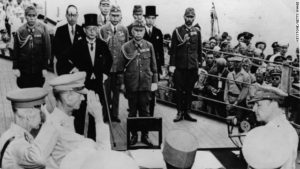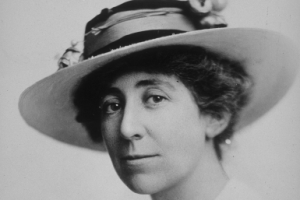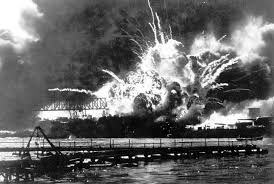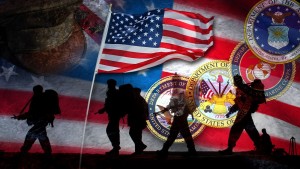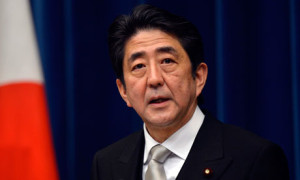I feel moved at this moment to offer a word of thanks to roughly 16 million Americans who answered the call in the fight against tyranny.
It was 71 years ago today that General of the U.S. Army Douglas MacArthur accepted the terms of surrender signed by the Empire of Japan. World War II came to an end.
Those 16 million Americans were those who wore the nation’s military uniforms after Japan attacked us at Pearl Harbor on Dec. 7, 1941.
My father was one of them. He went to the federal building in downtown Portland, Ore., in February 1942 to enlist in the Marine Corps. The door was locked, so he walked across the hall and enlisted in the Navy.
Dad shipped out shortly thereafter for San Diego, where he received three weeks — just three weeks! — of what passed for boot camp before shipping out for Europe. He learned his seamanship skills aboard the troop transport ship headed for England.
The great broadcast journalist Tom Brokaw chronicled what he called “The Greatest Generation” in a book that carried that title. I have re-read it at least three times.
Those men and women are dying rapidly now. They’re in the late 80s and well into their 90s these days. I love meeting them today and talking to them about their service and, of course, thanking them personally for it. Most of them just shrug and pass it off as ancient history.
Most of those I see with the “World War II vet” gimme caps are too humble to want to spend much time talking about what they did. Back then, they simply acted out of love of country and perhaps just a touch of fear for what might happen if they didn’t get into the fight.
The prophet Isaiah tells us in Scripture how he answered God by saying, “Here am I! Send me.” These great Americans answered that call in a time of international crisis.
That great struggle came to a formal end on the deck of the great warship USS Missouri. If only it would have signaled the end to all conflict … forever.
It didn’t.
However, the men and women who defeated the tyrants deserve our undying thanks and gratitude now and for all eternity.
